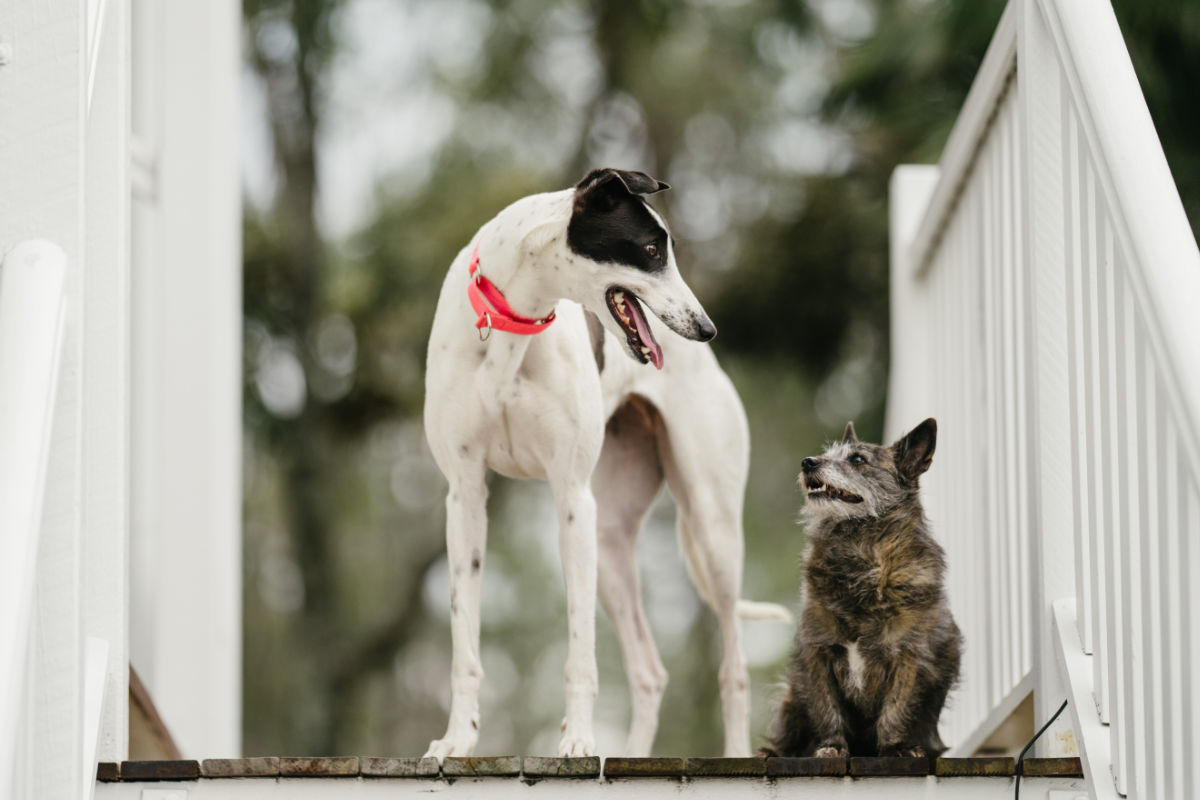The Issues
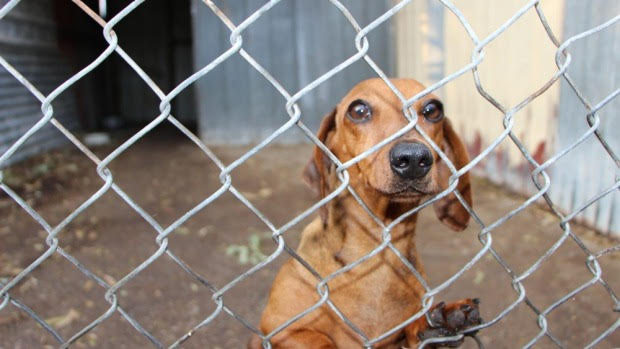
Puppy Farming
Puppy farms, or commercial breeding facilities, perpetuate a cycle of cruelty that prioritises profit over the well-being of dogs. These operations often subject breeding dogs to appalling living conditions, confined in cramped, unsanitary cages without proper socialisation or veterinary care. Breeding mothers are ruthlessly exploited, forced to produce litter after litter until they can no longer breed, enduring physical and emotional distress. Puppies born in these facilities frequently suffer from health issues due to irresponsible breeding practices and lack of proper care. Their early experiences in such environments can lead to behavioural problems and long-term health complications as they fail to meet dogs’ behavioural, social and/or physiological needs.
The profound suffering inflicted upon these dogs underscores the urgent need for stringent regulations, yet despite this, puppy farms are still legal here in Queensland. In 2021, the Western Australian government passed the Dog Amendment (Stop Puppy Farming) Bill 2021 with overwhelming public support. This new legislation means that the breeding and selling of dogs is highly regulated in the state. The Victorian government also passed the Domestic Animals Amendment (Puppy Farms and Pet Shops) Act 2017 in December 2017. It’s long overdue for a similar legislation to be implemented here in Queensland.
‘Oversupply’ of dogs and cats = unnecessary deaths
Australia faces a persistent challenge of shelter dog oversupply, resulting in overcrowded shelters and the heartbreaking reality of countless dogs and cats facing euthanasia due to lack of space and resources. Factors such as irresponsible breeding, inadequate pet ownership education, and changing societal trends contribute to this issue. Despite efforts to promote adoption and responsible pet ownership, a surplus of dogs and cats continually strains shelters, leading to an ongoing cycle of abandonment and intake. The burden on shelters often exceeds their capacity to provide proper care and rehoming opportunities, highlighting the pressing need for comprehensive strategies that address the root causes, promote spaying and neutering, and emphasise education on responsible pet ownership to mitigate the heartbreaking oversupply of shelter animals in Australia.
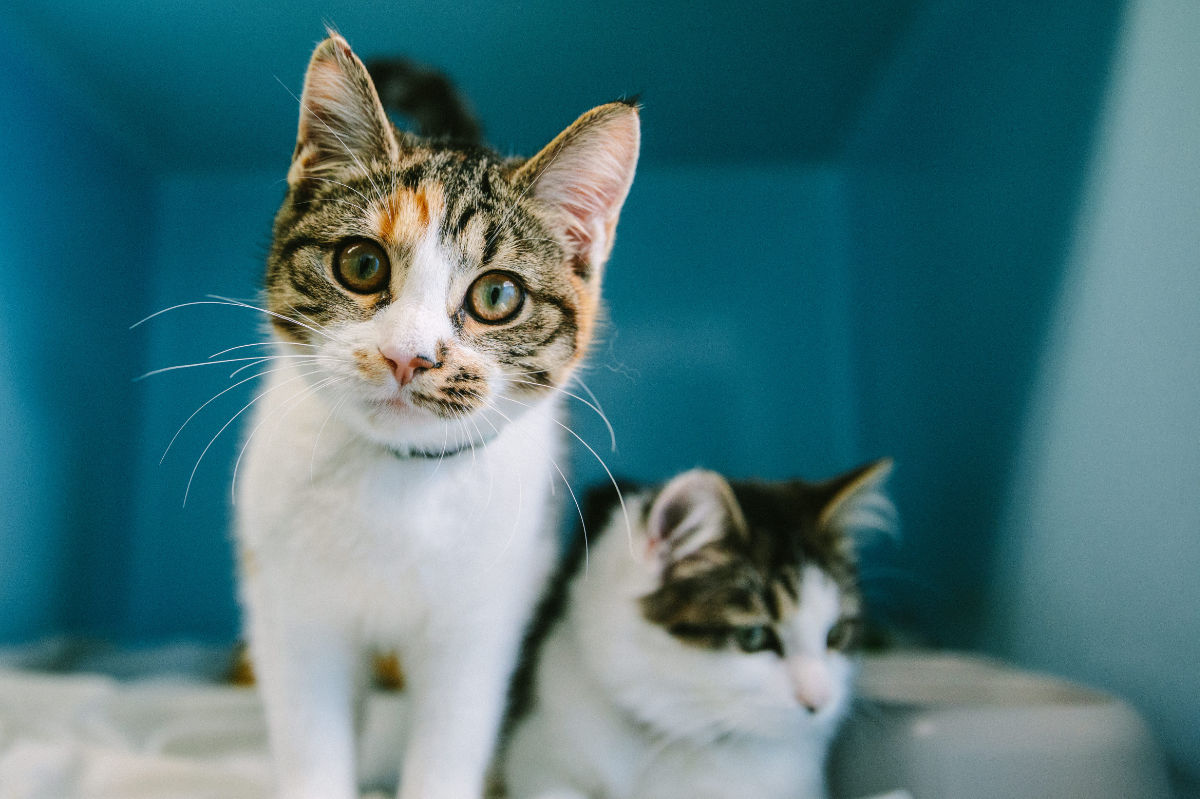
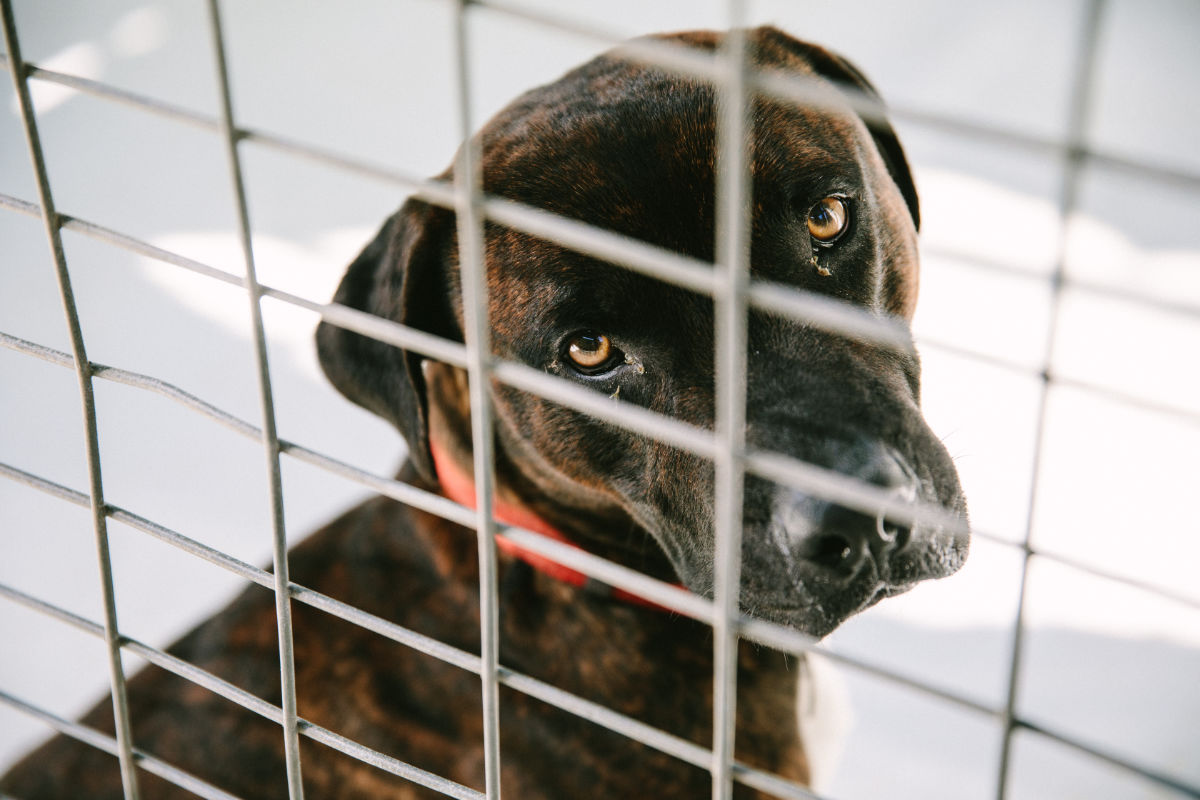
Breed Specific Legislation
The Palaczuk government recently passed a bill to introduce Breed Specific Legislation here in Queensland. Breed-specific legislation (BSL) manifests as a misguided attempt to mitigate dog-related incidents by targeting specific breeds, such as Pit Bulls, often unfairly discriminating against breeds deemed "dangerous" or "aggressive." This approach not only lacks efficacy but also perpetuates cruelty by unfairly penalising dogs based on their appearance rather than their behavior.
BSL fails to acknowledge the crucial role of education, responsible ownership and socialisation in determining a dog's temperament. It leads to the unjust stigmatisation and euthanasia of countless well-behaved dogs solely based on their breed, while incidents of aggression persist due to underlying factors such as irresponsible ownership, lack of proper training, and societal issues. BSL's failure to address the root causes of dog-related incidents undermines its effectiveness and perpetuates the mistreatment of innocent animals, necessitating a shift towards evidence-based, non-discriminatory approaches focused on responsible ownership and education.
‘Feral’ cats and the impact on wildlife
Globally, cats are considered to be contributing to the imperilment of at least 360 threatened reptile, bird and mammal species, about half of which are species restricted to islands.
In Australia, at least 34 mammal species have become extinct since European settlement – a rate of mammal extinctions far greater than anywhere else in the world. Cats have been primary contributors to over two-thirds of these extinctions. Examples include native marsupials like two species of pig-footed bandicoots, the lesser bilby, the Nullarbor dwarf bettong, the desert rat-kangaroo and the broad-faced potaroo; and native rodents including at least four species of hopping-mice, two species of rabbit-rat, and the lesser stick-nest rat.
Cats have also been primary agents in the extinction of some Australian birds that were restricted to islands, such as the Macquarie Island parakeet and Macquarie Island buff-banded rail.
Unwanted and dumped pets also cause significant issues for the community. Unfunded rescue groups are constantly at capacity due to overbreeding of domestic cats. The majority of these groups are run entirely by volunteers, and the cost of rescuing, desexing, rehabilitating and rehoming these cats is borne by community donations.
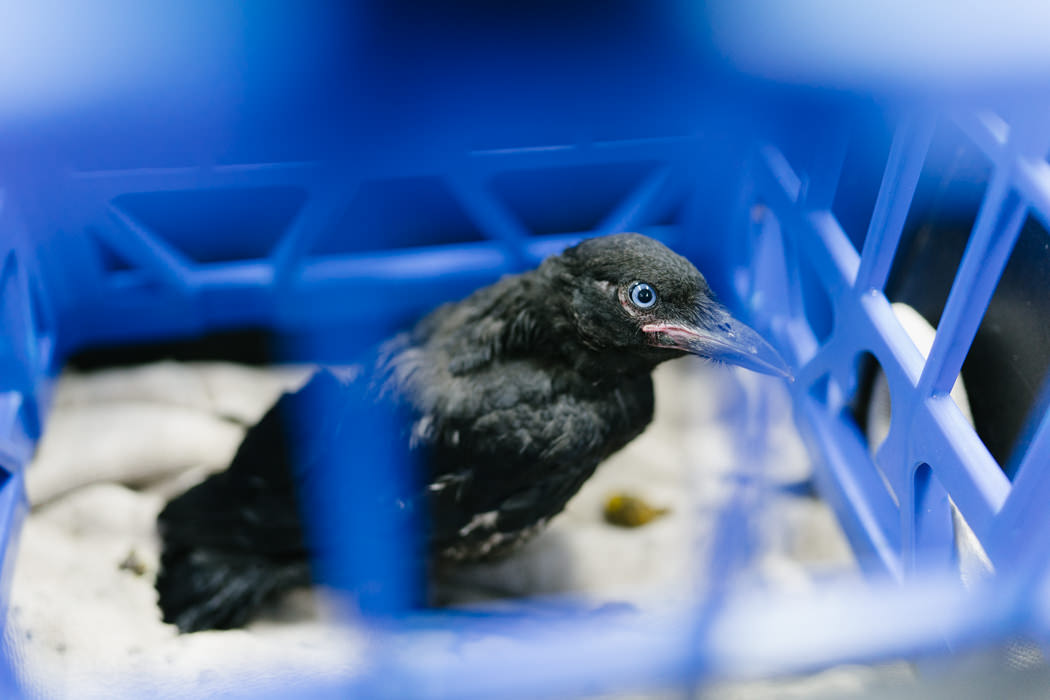
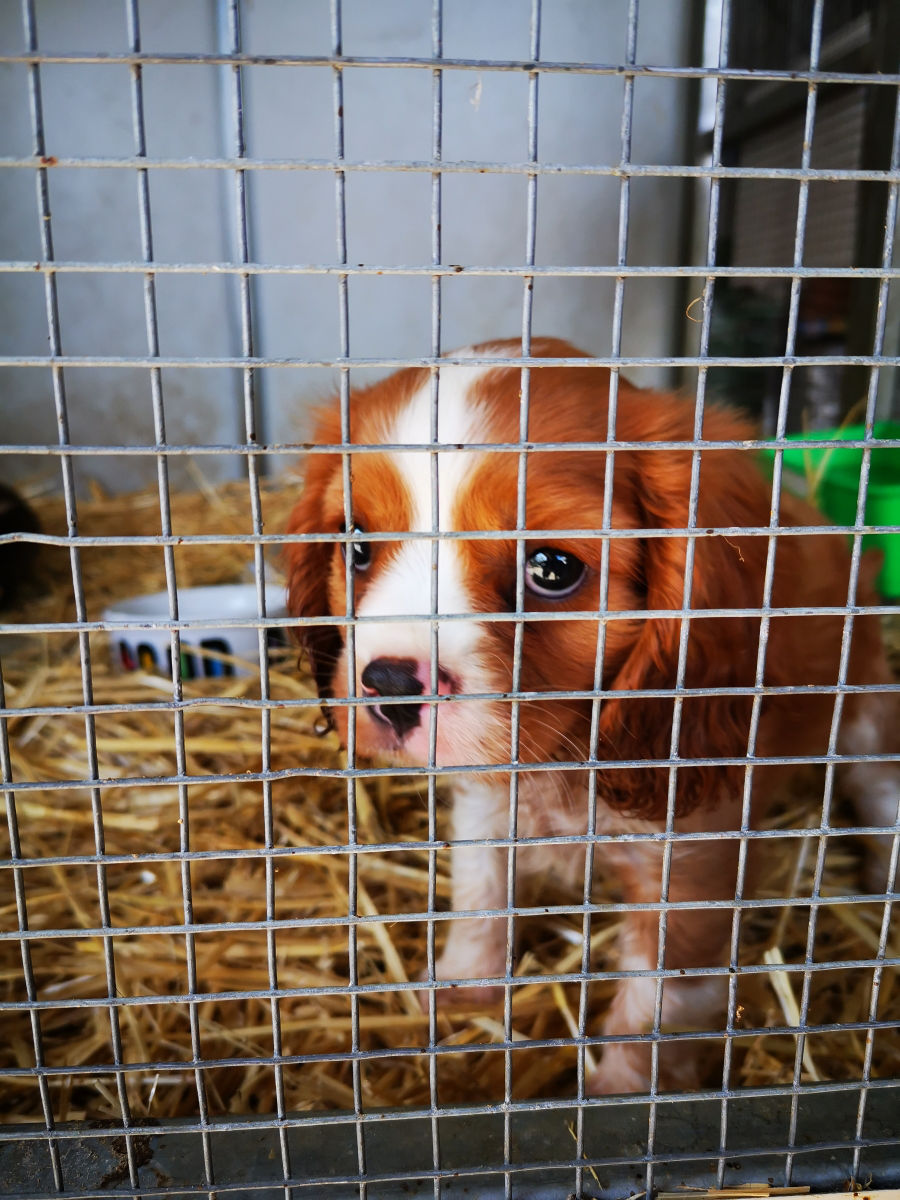
What are we doing?
- We educate and inform the public about issues impacting companion animals
- Investigating and documenting animal welfare issues in Queensland and reporting suspected violations to the authorities
- Monitoring and opposing development applications for new puppy farm developments in Queensland. In 2021 and 2022, we helped to successfully stop two new puppy farm developments.
What can you do?
- Adopt! Don’t shop. Always source new companion animals from shelters or rescue groups. Don’t breed or buy while shelter animals die. Encourage your family and friends to do the same.
- Keep your cats inside to keep them, and the wildlife safe
- Talk to people about the issues impacting companion animals – spread the word.
